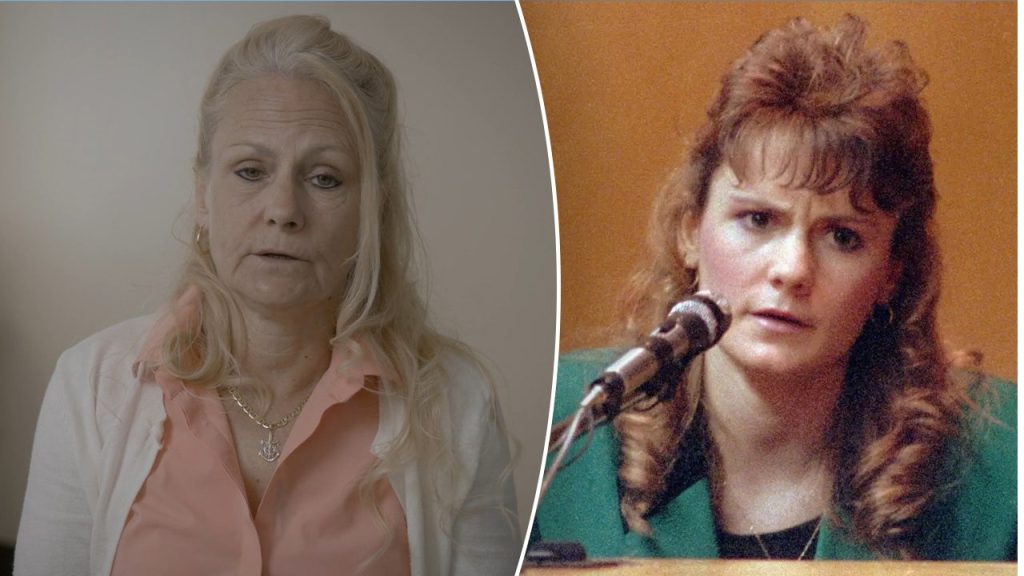Pamela Smart, who is serving a life sentence without parole for her husband’s 1990 murder, has admitted for the first time that she is responsible for his death. This realization came during a prison writing class where she was encouraged to “dig deeper” into her own thoughts and emotions. The killing was carried out by four teenagers, with one of them, Billy Flynn, shooting Gregory Smart while Pamela’s affair partner held a knife to his throat. During the trial, Flynn testified that Pamela had coerced him into committing the murder by threatening to end their relationship. The teenagers involved in the crime have since been released from prison.
After decades of deflecting blame for her husband’s murder, Pamela Smart acknowledged her responsibility in a letter to New Hampshire Gov. Chris Sununu, in which she expressed remorse for her actions. In a videotaped statement from prison, she admitted to using “warped logic” as a coping mechanism to avoid facing the truth of her role in the murder. However, critics, including Gregg’s cousin Val Fryatt, have questioned the sincerity of Pamela’s admission, suggesting that she has not fully accepted the facts surrounding her culpability in the crime.
In a petition dated June 7, Pamela Smart’s legal team presented evidence of her rehabilitation, academic achievements, and support from fellow inmates, corrections employees, and friends. The petition also includes a videotaped statement from Pamela requesting a commutation of her sentence, as she does not want to die in prison. This is Pamela’s fourth time requesting a pardon from the governor and the Executive Council, with her most recent attempt being denied in March 2022. Her lawyer, Mark Sisti, emphasized Pamela’s growth and maturity since the time of the murder.
The fate of Pamela Smart’s request for a commutation of her sentence remains uncertain as the governor has not committed to considering it at the next meeting of the Executive Council. Gov. Sununu stated that the process for commutation or pardon requests in New Hampshire is fair and thorough, and Pamela will be given the opportunity to present her case. In her videotaped statement, Pamela expressed regret for her past actions and admitted to making errors in judgment. She requested the opportunity to have an honest conversation with the Executive Council about her incarceration and acceptance of responsibility.
Pamela Smart reflected on her past mistakes and acknowledged her immaturity and skewed judgment decades ago. She stated that she has become a more thoughtful, responsible, and mature person since the time of the murder. Pamela, who is believed to be the longest-serving female inmate at Bedford Hills women’s prison, expressed a desire to have a conversation with the Executive Council about her case either in person or via video conference. Whether her request will be granted remains to be seen as the governor has not indicated whether it will be considered at the upcoming meeting.
Despite her efforts to demonstrate remorse and rehabilitation, Pamela Smart’s fate is still uncertain as she seeks a commutation of her life sentence for her husband’s murder. The complexities of her case, including the involvement of minors in the crime and Pamela’s evolving understanding of her responsibility, continue to be scrutinized by critics and supporters alike. The decision of the governor and the Executive Council will ultimately determine whether Pamela will have the opportunity to make her case for clemency and potentially secure her release from prison after over three decades behind bars.


